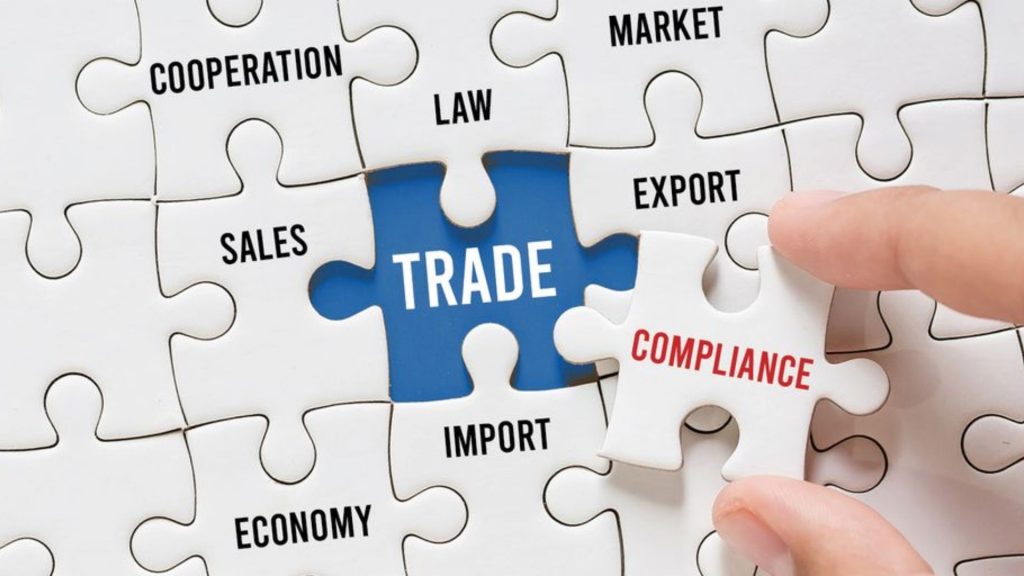Trade compliance means the identification, understanding, and application of trade-related laws and regulatory requirements that apply to an organization. Regulatory authorities issue frameworks, guidelines, instructions, circulars, notices, directives, etc., to facilitate the organization dealing or facilitating the trade transactions, apply the required processes and controls, to ensure that money laundering, terrorist financing, and other risks are mitigated.
Trade compliance is the responsibility of every employee of the organization. Therefore, they must identify and understand the relevant and applicable trade-related regulatory requirements. The management needs to hire an experienced and relevant Trade Compliance Officer, who may be designated as a Trade-Based Money Laundering Reporting Officer or TBMLRO, to facilitate the employees in compliance with trade-related regulatory requirements.
TBMLRO provides advisory services to the employees involved in processing trade transactions on behalf of the organization’s customers. TBMLRO must be knowledgeable and understand the regulatory requirements.

Trade Compliance
The following are some of the trade-related compliance requirements that are translated as trade compliance controls to be implemented by organizations that onboard and provide trade services to customers:
- Screening procedure of customers for trade transactions.
- Procedure for identifying and monitoring trade transactions with a related party.
- Procedure for complete risk profiling of customers in or intending to deal in trade.
- Procedure for developing the organization’s risk profile.
- Procedure for verifying underlying contracts’ prices related to importing or exporting goods or services.
- Procedure for handling unclear, coded, or worded descriptions in a language other than English.
- Screening procedure of goods being traded as per relevant Trade Policy

Procedure for Identification of dual use of goods such as:
- Import or export licensing requirement
- Identification of end usage and end user.
- Focus on counterparties.
- Goods screening from UNSC Resolutions.
Final Thoughts
Trade compliance refers to the process of ensuring that a company’s import and export activities comply with all relevant laws, regulations, and policies. The purpose of trade compliance is to minimize the risk of violations, penalties, and legal issues related to international trade. Trade compliance covers a wide range of areas, including trade agreements, tariffs, customs regulations, export controls, sanctions, and anti-bribery laws.
Companies engaged in international trade must be aware of the legal requirements and regulations that apply to their business activities, and they must establish policies and procedures to ensure compliance with these regulations.

Trade compliance also involves maintaining accurate records, providing timely reports, and conducting internal audits to identify and address any compliance issues. Companies that fail to comply with trade regulations can face significant financial and reputational damage, as well as legal penalties and loss of business opportunities. Therefore, trade compliance is critical for companies engaged in global trade to ensure smooth operations and minimize risks.








